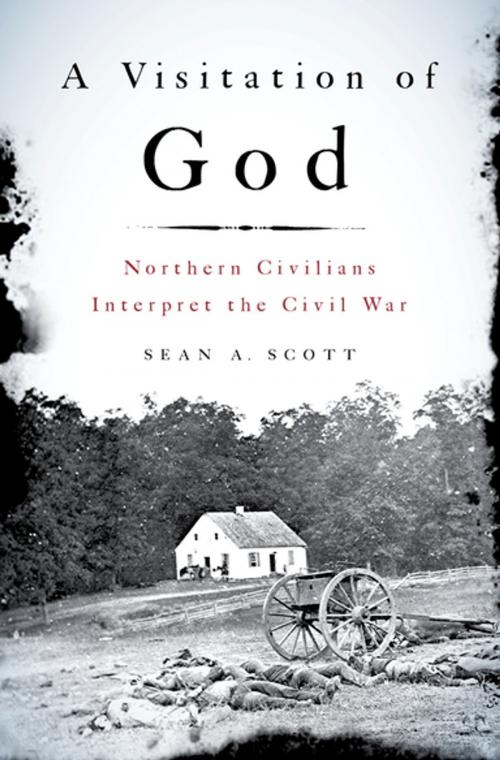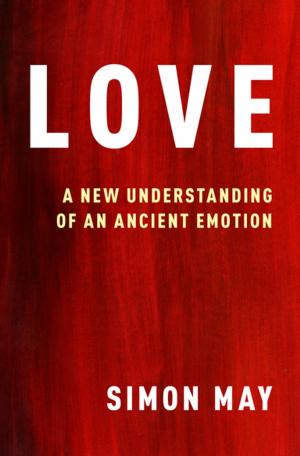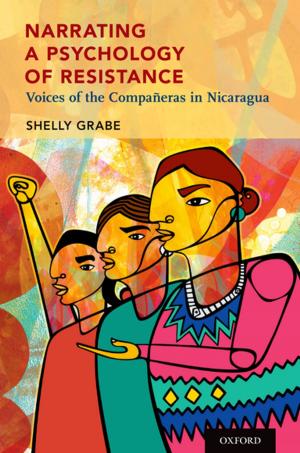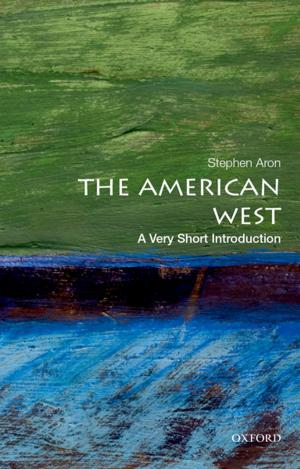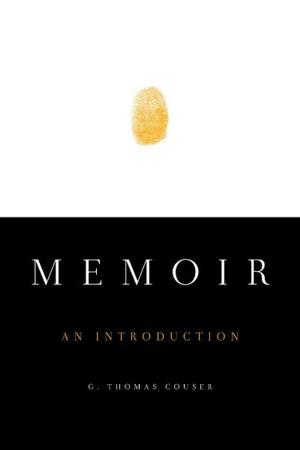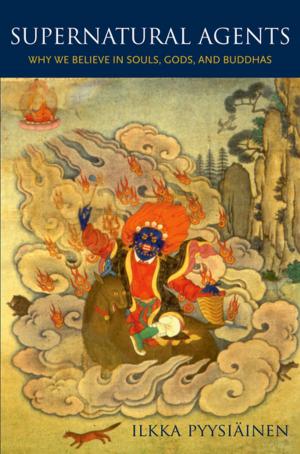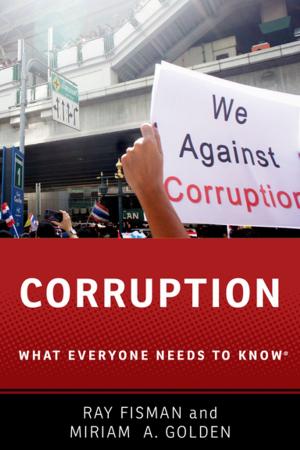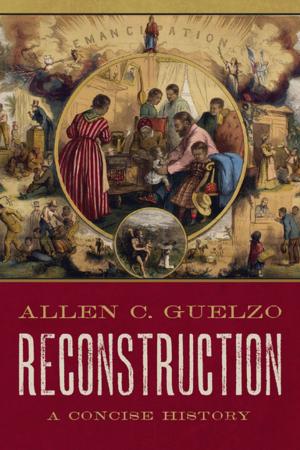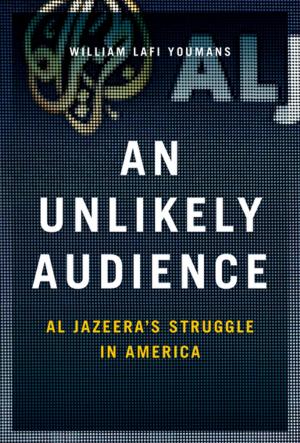A Visitation of God
Northern Civilians Interpret the Civil War
Nonfiction, Religion & Spirituality, Reference, History, Americas, United States, Civil War Period (1850-1877)| Author: | Sean A. Scott | ISBN: | 9780190453275 |
| Publisher: | Oxford University Press | Publication: | December 3, 2010 |
| Imprint: | Oxford University Press | Language: | English |
| Author: | Sean A. Scott |
| ISBN: | 9780190453275 |
| Publisher: | Oxford University Press |
| Publication: | December 3, 2010 |
| Imprint: | Oxford University Press |
| Language: | English |
This book examines the Civil War from the perspective of the northern laity, those religious civilians whose personal faith influenced their views on politics and slavery, helped them cope with physical separation and death engendered by the war, and ultimately enabled them to discern the hand of God in the struggle to preserve the national Union. From Lincoln's election to his assassination, the book weaves together political, military, social, and intellectual history into a religious narrative of the Civil War on the northern home front. Packed with compelling human interest stories, this account draws on letters, diaries, newspapers and church records along with published sources to conclusively demonstrate that many devout civilians regarded the Civil War as a contest imbued with religious meaning. In the process of giving their loyal support to the government as individual citizens, religious Northerners politicized the church as a collective institution and used it to uphold the Union so the purified nation could promote Christianity around the world. Christian patriotism helped win the war, but the politicization of religion did not lead to the redemption of the state.
This book examines the Civil War from the perspective of the northern laity, those religious civilians whose personal faith influenced their views on politics and slavery, helped them cope with physical separation and death engendered by the war, and ultimately enabled them to discern the hand of God in the struggle to preserve the national Union. From Lincoln's election to his assassination, the book weaves together political, military, social, and intellectual history into a religious narrative of the Civil War on the northern home front. Packed with compelling human interest stories, this account draws on letters, diaries, newspapers and church records along with published sources to conclusively demonstrate that many devout civilians regarded the Civil War as a contest imbued with religious meaning. In the process of giving their loyal support to the government as individual citizens, religious Northerners politicized the church as a collective institution and used it to uphold the Union so the purified nation could promote Christianity around the world. Christian patriotism helped win the war, but the politicization of religion did not lead to the redemption of the state.
